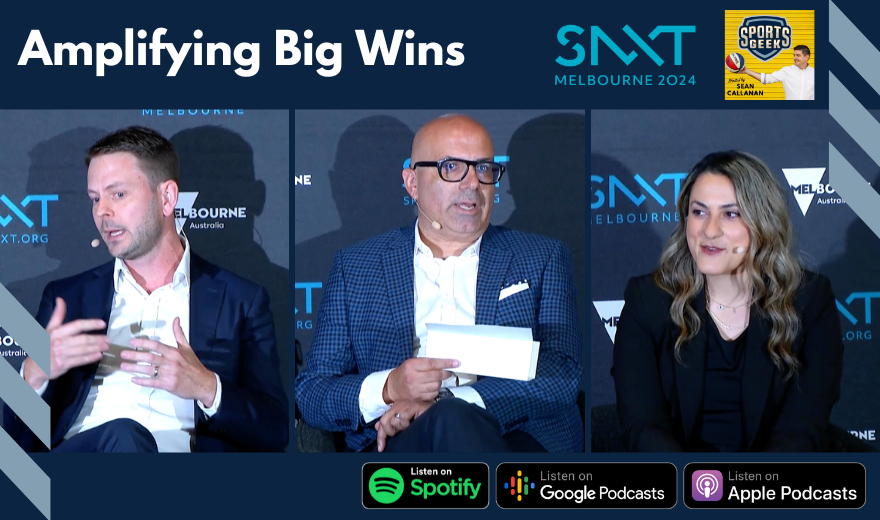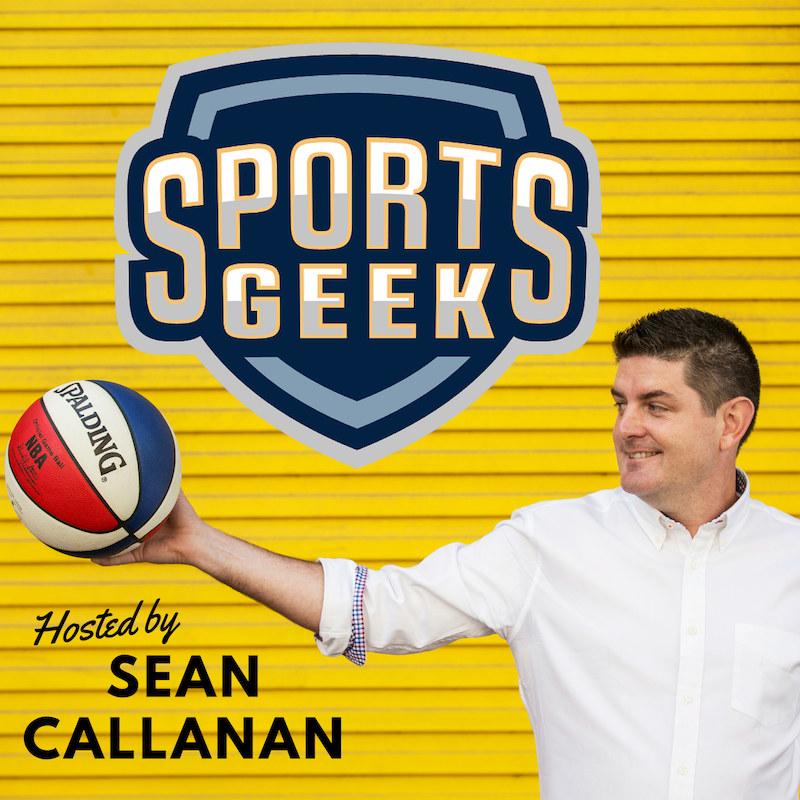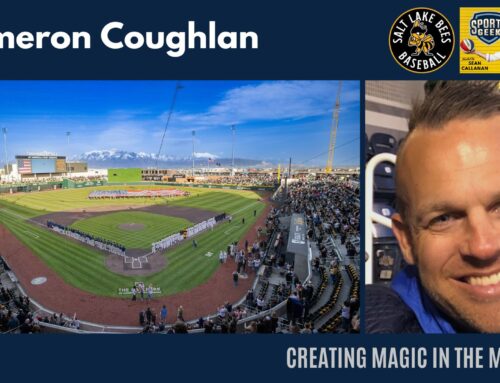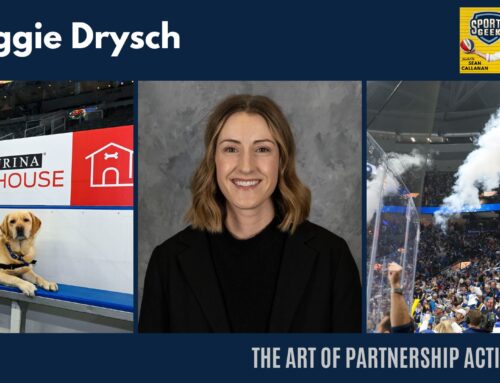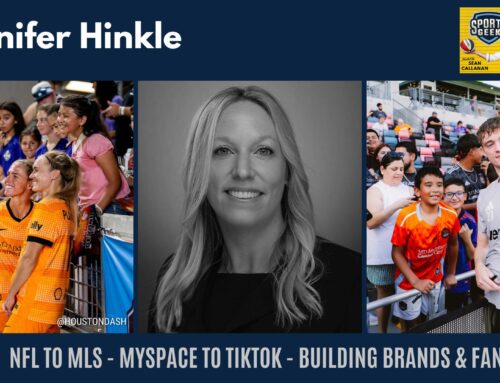In this Sports Geek episode, we replay a panel discussion from SportNXT titled “Amplifying Big Wins”, featuring Nadine Rabah from Collingwood FC, Spencer Retallack from Netball Australia, and Peter Filopoulos of Football Australia.
On this podcast, you'll learn about:
- Challenges and opportunities of extending brand campaigns
- Building a cohesive culture for a digital team that works
- Building trust with your high-performance teams, fans and media partners
- The significance of authentic storytelling in sports
- Understanding digital platforms and investing in growth
- How to claim your 50% off Pick My Brain offer if you've attended SportNXT
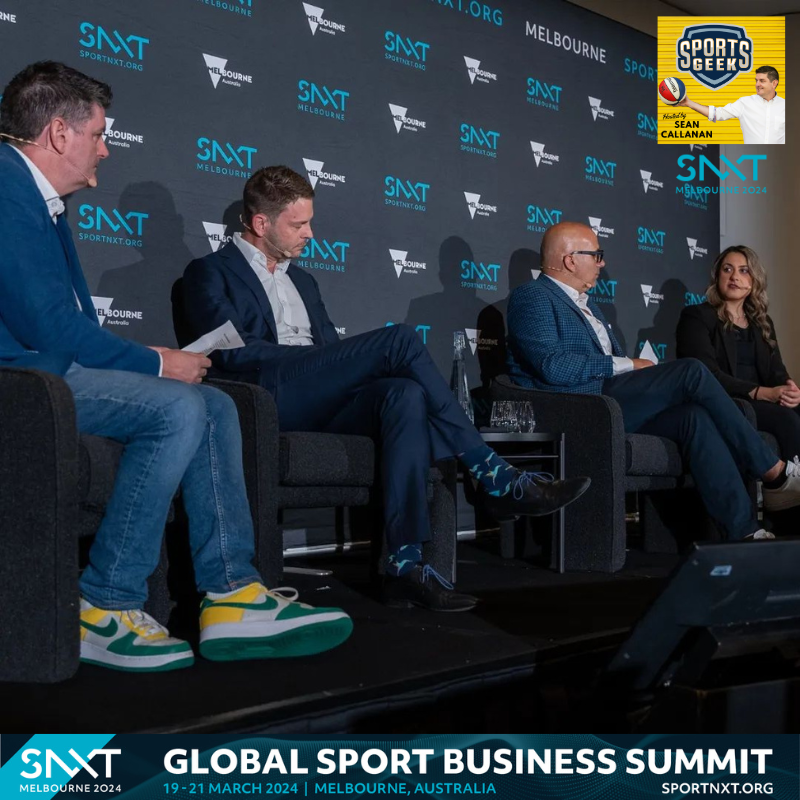
Listen to SportNXT panel replay on Sports Geek
Can't see podcast player? Click here to listen
Pick my brain
Want some help on a campaign, sponsorship or content but don’t know where to start? Book a time with Sean Callanan for a Pick My Brain session.
The Pick my brain session is a two-hour video consulting session where you can get Sean’s thoughts and opinions on ticketing or sponsorship campaigns, campaign development and digital content review.
Resources from the podcast
- Connect with SportNXT panels on LinkedIn and follow them on Twitter. Let them know you listened to the episode:
- Nadine Rabah from Collingwood – Linkedin, Twitter (@NadineRabah25)
- Spencer Retallack from Netball Australia – LinkedIn
- Peter Filopoulos (former podcast guest) from Football Australia – LinkedIn, Twitter (@peterfilopoulos)
- If you did attend, you have until APRIL 19 to book in your 50% off Pick My Brain offer – email Sean for the booking link
- Follow SportNXT across social media:
- Twitter – @sportnxtau
- LinkedIn – SportNXT
- Instagram – @sportnxtau
- Check out the Sports Geek Amplify Season 2
- Travel update
- Detroit – NFL Draft April 23-28
- Los Angeles – April 28-30
- Ping Sean to catch up or, even better, let's plan a workshop
- Upcoming Conference dates
- Episodes you should listen to
Clips from the panel discussion
Collingwood – Julie McCreery Mother's Day Rev Up
Matildas – Til It's Done
Super Netball – We Are Here
Socials from SportNXT
Amplifying Big Wins
Collingwood's Nadine Rabah underscores the significance of trust with partners and accessibility through diverse media. Spencer Rettalack of Super Netball discusses bridging the gap between athletes and grassroots, aiming for inclusivity and legacy showcasing. pic.twitter.com/1jRYKc9NLP
— SportNXT (@sportnxtau) March 19, 2024
Fun and Insightful discussion
A lot of fun, thanks @NadineRabah25 @peterfilopoulos & Spencer Retallack #sportnxt24 https://t.co/yPbFVkCxic
— Sean Callanan (@seancallanan) March 19, 2024
Panel feedback
Great time at @sportnxtau with @seancallanan, @NadineRabah25 & Spencer Rettalack discussing the power of amplifying big wins! 🌟 Shared how we’ve grown the @Matildas brand with authentic storytelling & digital strategies. The #TilItsDone campaign’s viral success is just the… pic.twitter.com/uolBouwq6W
— Peter Filopoulos (@peterfilopoulos) March 20, 2024


